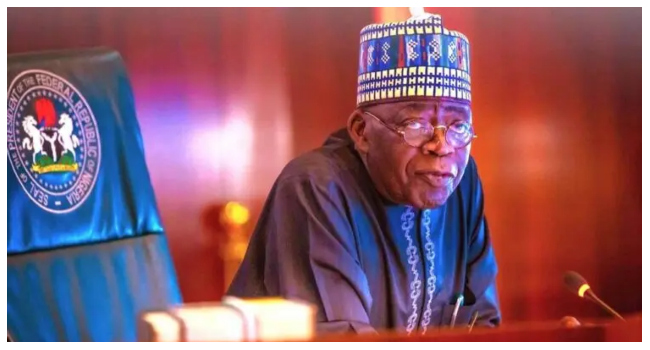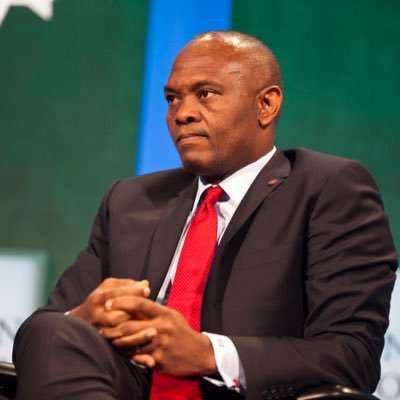Zoning the governorship position among Ondo State’s three senatorial zones (Ondo Central, Ondo North, Ondo South) every four years was initially aimed at ensuring fair power distribution. The concept aimed to promote balanced development across the state.
Despite political parties’ zoning efforts since 1999, Ondo State still grapples with challenges in infrastructure and human capital development. The state possesses abundant natural resources, agricultural products, and tourist attractions. Yet, it faces persistent unemployment and widespread poverty. Companies underperform, and agriculture yields low productivity.
It is vital to recognize that Ondo State’s development cannot solely rely on zoning the governorship position. This rotational system has not effectively fostered the state’s progress. It often prioritizes political considerations over merit and competence, hindering the emergence of the most qualified leaders.
Additionally, the zoning policy reinforces ethnic divisions, diverting attention from shared development goals. The emphasis on identity over unity complicates efforts to collaborate and inhibit overall progress in Ondo State.
As the 2024 governorship primary approaches, political discourse focuses on entitlement based on zoning principles rather than substantive policies. This trend detracts from critical issues and weakens the democratic process.
To foster accountability and innovation in governance, stakeholders must prioritize candidates’ track records, integrity, and development plans over zoning considerations. Substance should outweigh symbolic gestures in candidate selection for sustainable progress.
Stakeholders must abandon the zoning concept and embrace a model that values merit, competence, and capacity to unlock Ondo State’s full potential and enhance the well-being of its people.






